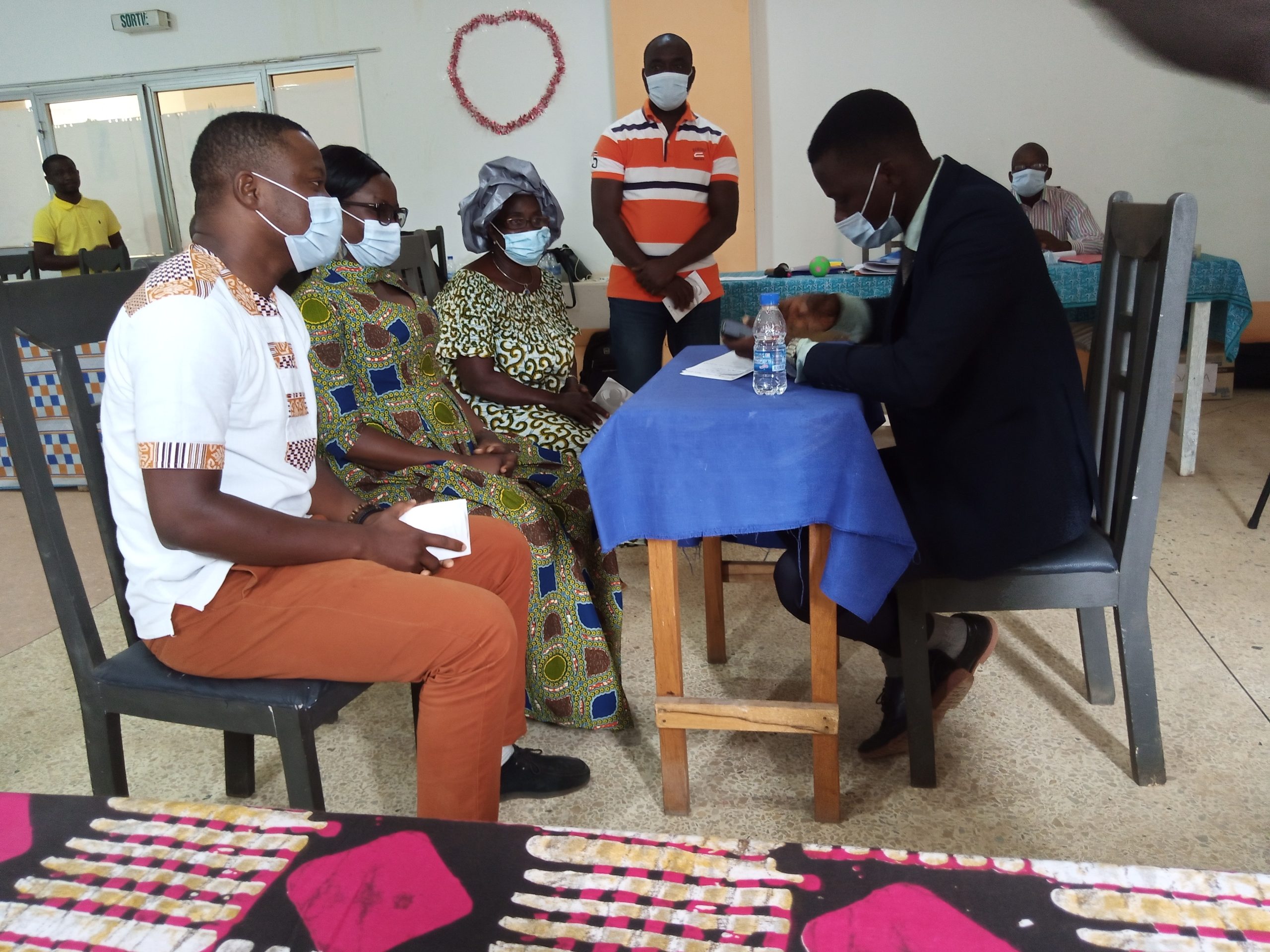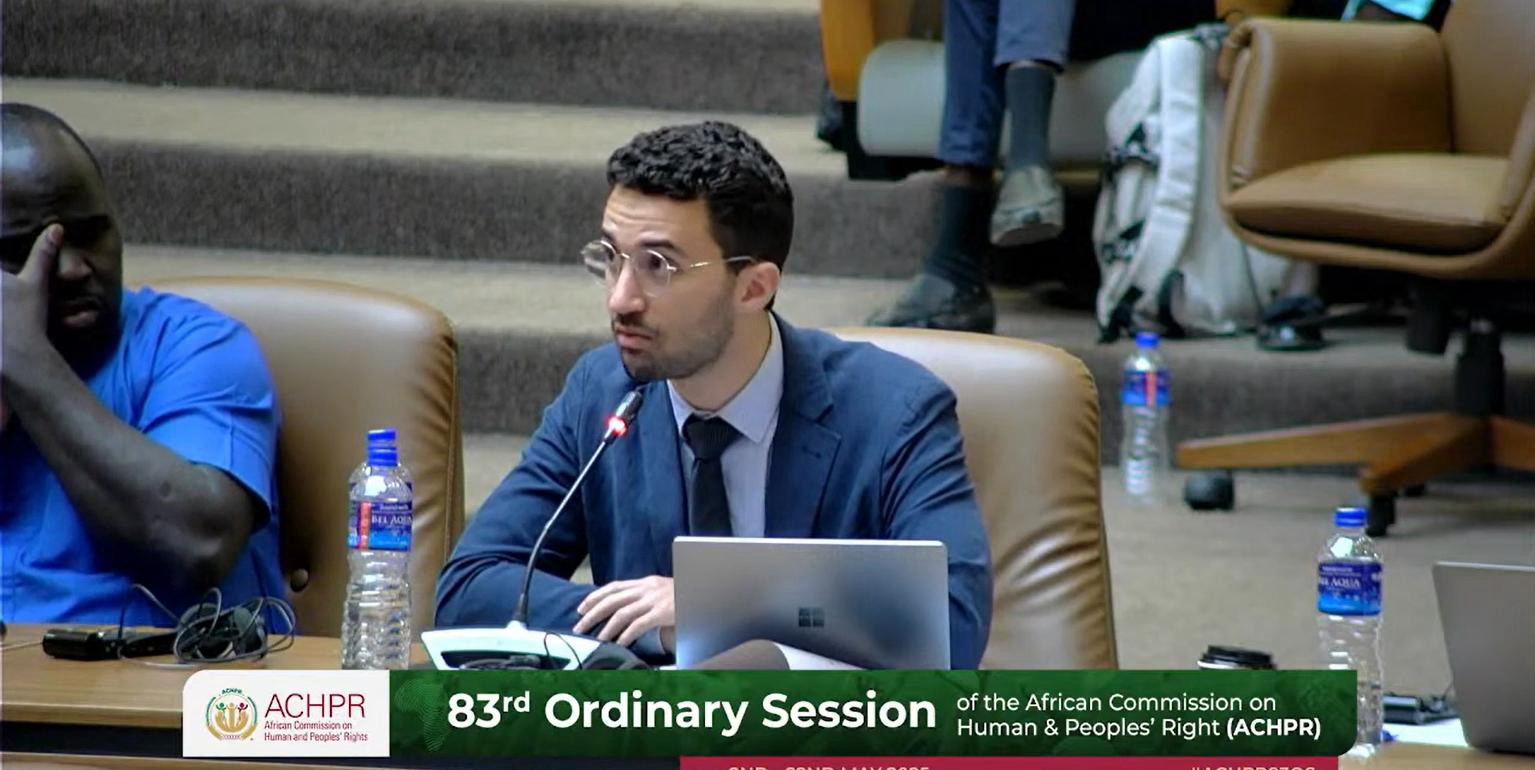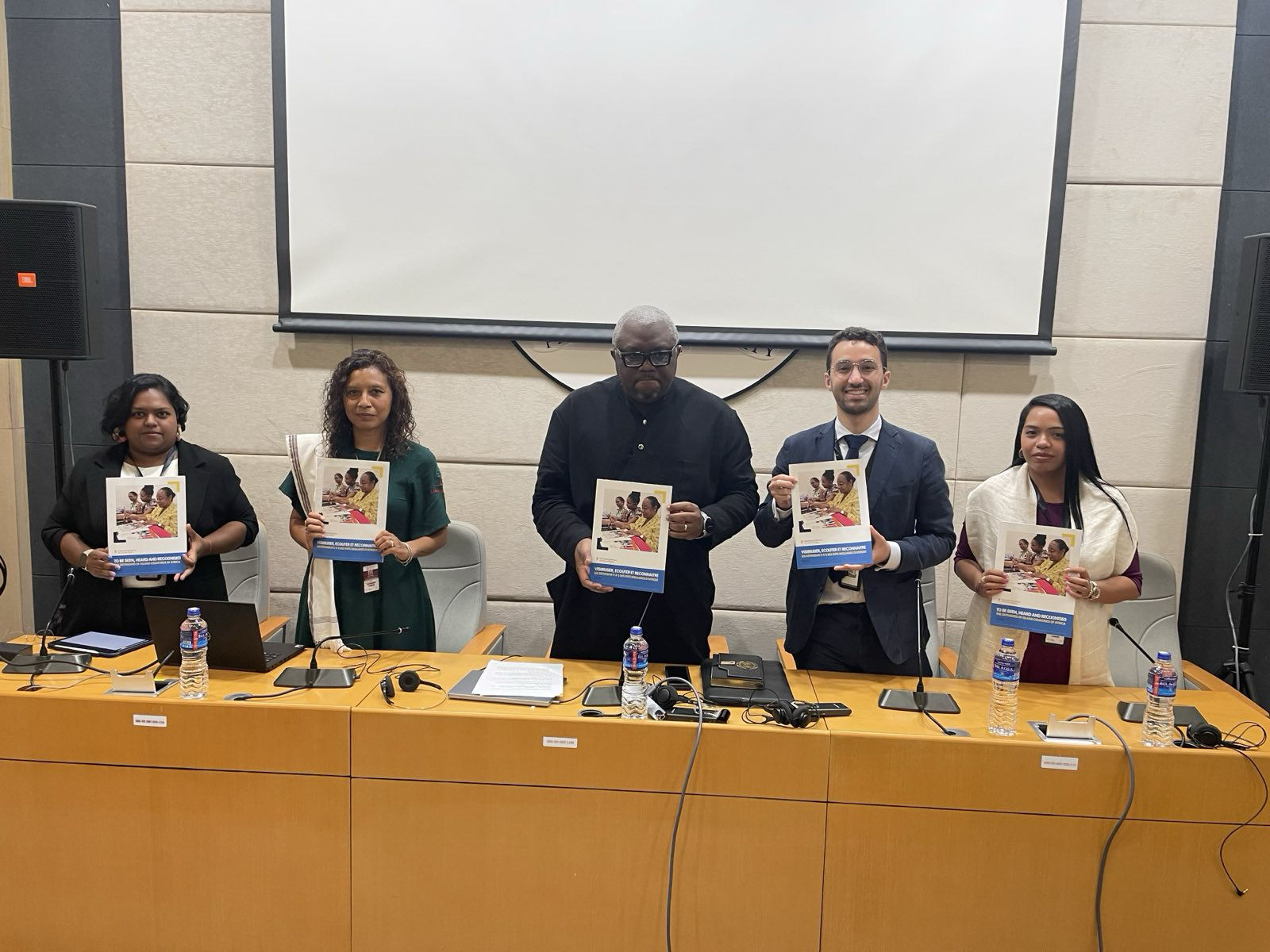The NGO Forum preceding the 71st ordinary session of the African Commission on Human and Peoples’ Rights (ACHPR), held its session from 19-20 April virtually. During the second day, a panel discussion was held on the “Recovery and Rebuilding in post-Covid19 Africa: challenges and opportunities”. The objective was to assess the impact of the response to covid19, particularly on sexual reproductive health and the rights of persons with disabilities, with a view to propose recommendations to States for a better response.
Corlett Letlojane, NGOs Forum Steering Committee member, noted in her introductive remarks that many aspects have been neglected in the response to Covid-19, particularly at the community level. Governments put in place measures they found necessary to contain the pandemic such as lockdowns, travel restrictions, which affected women and girls who were no longer able to travel to hospitals.
Addressing the issue of the impact of the covid-19 pandemic on sexual and reproductive health services, Juliet Kimotho, Senior Advocacy Officer at African Population and Health Research Centre highlighted that reproductive health was greatly affected. Many obstacles still remain, such as health services closed during the pandemic and the lack of equipment, such as contraceptive methods, forced women to move to other towns to access reproductive health services. About 4.6% of women and pregnant women complained that they had difficulties accessing health services.
People with disabilities have encountered many challenges, including: failure to protect their lives, lack of health and safety measures in industries and institutions, further deprivation of their freedoms, people in institutions not being informed about the state of emergency, as well as police brutality and violence, outlined William Aseka from Validity Foundation a Mental Disability Advocacy Centre.
Numerous recommendations addressed to the States were highlighted:
Regarding sexual health care services
- Striking the balance in emergencies healthcare;
- Call upon the ACHPR to monitor national governments collective action strategies on the preservation of sexual and reproductive health services, including providing periodical updates on government’s compliance to the resolution on human and people’s rights as central pillar of successful response to covid-19 and recovery;
- Investing in telemedicine;
- Strengthen community health outreach initiatives;
- Governments should ensure sustainable and resilient supply chain management systems for sexual and reproductive health commodities for public and private health care facilities;
- Government should support private facilities since they serve a significant proportion of the population and are able to reach the most disadvantaged.
Regarding people with disabilities in Africa post covid-19
- State parties need to adopt an emergency deinstitutionalisation plan in line with Article 19 of Committee on the Rights of Persons with Disabilities (CRPD) and general comment N°5 right to independent living (2017) of the CRPD committee;
- Guarantee immediate, unfettered access to independent national human rights authorities, including National Human Rights Institutions;
- Allocate adequate financial and human resources to support the transition from institutions to the community, in line with Article 19 of the CRPD;
- Guarantee full participation and meaningful involvement of disabled people and their representative organisations at every stage of the response;
- Safeguard community-based services including personal assistance, homme supports, and assistive technology;
- Investigate and hold accountable police and other security services which abuse injure, or kill disabled people.




